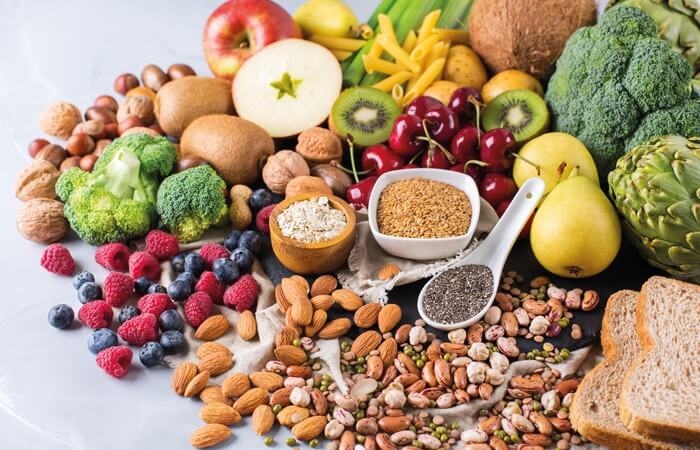One of the primary issues when switching to a
vegan diet is food substitution without compromising a balanced nutritional intake. Meat is usually the food people are the most concerned about replacing due to its high level in protein, which is necessary for our bodies to function properly, strengthen muscular mass, and increase satiety.
Although it may appear that following a
vegan diet will result in a nutritional deficiency, experts have demonstrated that a well-planned vegan diet may provide the same number of nutrients.
Whether you're a
vegetarian or a vegan, knowing the best food options to acquire the same nutrients and maintain a balanced diet is crucial.
The Advantages of Not Consuming Meat
There are various advantages to not eating meat, and for this reason, many people choose to reduce, if not eliminate, this food item from their diet.
When you
turn vegan, you must entirely quit eating meat while at the same time understand the pros and drawbacks of this decision is critical.
You can gain various health benefits by eliminating meat from your diet, as this element impacts the risk of cardiovascular disease, diabetes, and other disorders.
Aside from the health advantages, the environment benefits as well because by excluding animals from the entire manufacturing process you will be saving the environment from pollution, as studies show that meat production is responsible for a significant discharge of pollutant gases.
Meat-free alternatives
We've compiled a list to assist you figure out which items to incorporate into your vegan diet, without risking nutritional deficiency:
When it comes to snacking or in between meals, almonds are a popular choice. It provides the body with good and healthy fat.
Peanuts are also a delicious snack. It is quite strong in protein, despite being a snack dish between meals.
Vegans and vegetarians alike choose soy as a meat substitute. It can be consumed as a grain and is used to make a variety of dishes, including milk, tofu, and other dairy products.
Quinoa is a delicious side dish that may be served with main courses or as a snack in between meals.
It's a nutrient-dense food that's a great ally for anyone starting a vegan or vegetarian diet.
It contains qualities similar to beans and is a terrific choice for a side dish, especially when served with rice.
Rice can boost protein synthesis when combined with legumes like beans, peas, or lentils.
Avocados stand out among fruits for their high protein content, as well as being high in vitamins A, C, and potassium.
Magnesium, calcium, potassium, vitamins A and C, and protein are all abundant in it.
It's also known as the white meat for vegetarians, and it's a great wheat alternative that has a texture comparable to chicken.
Tempeh is an ingredient made from the seeds of white soybeans that has been fermented. It has a nutty aroma and a meaty, slightly dense texture. This protein has a lot of necessary amino acids, and because it's fermented, it has a lot of them.
Even if you don't want to dine at home, there are an increasing number of venues where you can eat
vegan food, and finding a
vegan restaurant is no longer as tough as it was a few years ago in Portugal.
We recommend that you take a tour of the city and visit our
vegan restaurant in Chiado, Lisbon.
